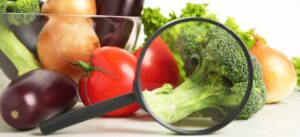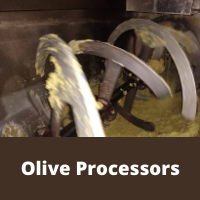
A groundbreaking $4.3M collaboration between growers and scientists is exploring the untapped health treasures available in plant produce.
Delivered through Hort Innovation and led by a multidisciplinary team from Macquarie University’s Industrial Transformation Training Centre for Facilitated Advancement of Australia’s Bioactives (FAAB), the new research aims to uncover the secrets of bioactives – chemical compounds produced by plants that offer health benefits such as antioxidant and anti-inflammatory properties.
Hort Innovation chief executive officer Brett Fifield said the research will go beyond existing works that have focused on a limited number of products and bioactives, delivering robust, scientific evidence to unveil the untapped potential of consuming plant products.
“This world-first program is a marriage of cutting-edge science and a commitment to improving public health,” he said.
“By shining a light on the nutritional powerhouses within horticultural products, the aim is to revolutionise the way Australians view and consume plant products.”
The insights delivered by the program will bolster industry-led activities that drive demand, including industry marketing campaigns and waste reduction programs, by building the scientific evidence needed by the horticulture sector to promote the benefits of plant-food bioactives to consumers.
“The significant health benefits of plant-based foods lie in the abundance of bioactives. However, where the bioavailability and recommended intake of vitamins and minerals is defined, no recommended daily intake is available for bioactives,” FAAB partnerships director Professor Anwar Sunna said.
“The language around bioactives is also complex, making communication of these health benefits challenging. This research looks to address these issues and empower the horticulture sector to spruik the benefits of fresh produce through collating and translating the science of bioactives.”
Hort Innovation said that the focus of this project is on fresh produce, however olives and olive oil are not necessarily excluded, so we’ll update on any opportunity for inclusion which may arise in the future.



